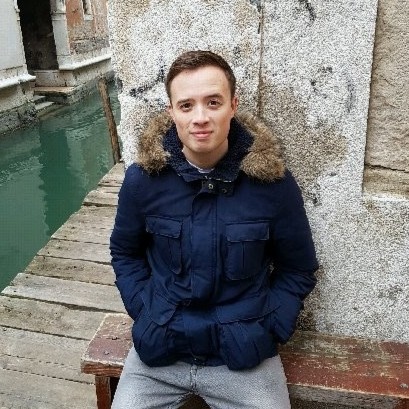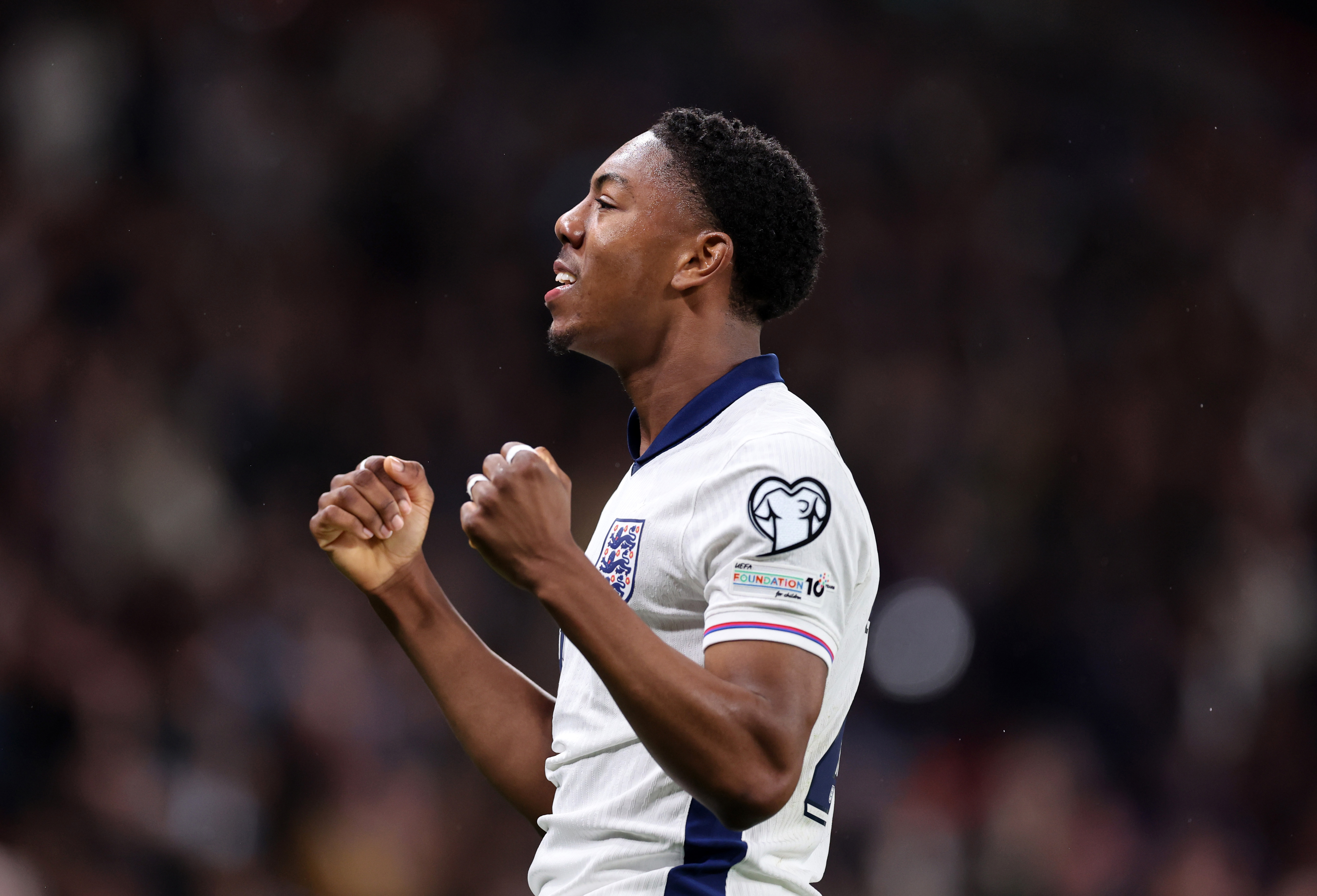Connor Wickham: I didn't retaliate to Di Canio – I knew he just wanted a reaction
The young striker was influential in Sunderland's miraculous survival bid, scoring against Manchester City, Chelsea and Cardiff. But, as he tells FFT's Joe Brewin, there's no chance of him resting on his laurels...
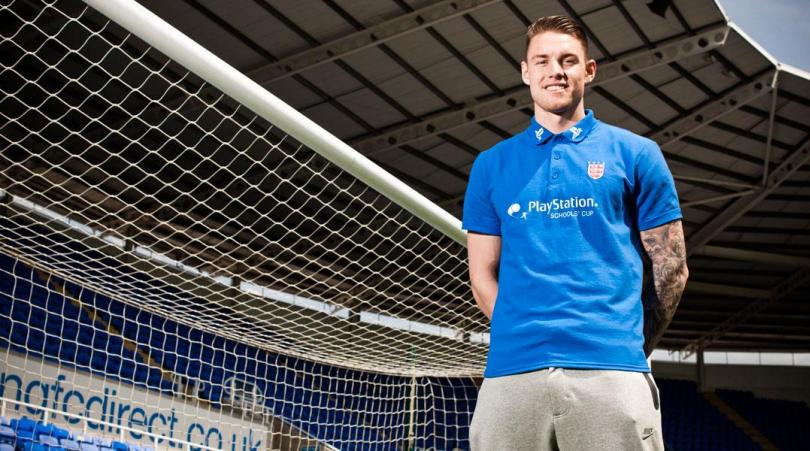
Sunderland's end to the season was quite something. How would you describe it?
Magic. I don't know what it was, or what we did – we didn't do anything different, just the same. But we managed to get ourselves out of a really bad situation, and next season we need to make sure we're not in that same scenario.
Was there a particular moment when you thought 'yes, we're staying up'?
At Manchester City we were so unlucky not to come away with the win, after they scored with about 30 seconds of the game left. It did knock us back but it also gave us belief that we could compete with the big teams. We needed to because four of the next five games were against the big teams. It was important that we kept the belief, kept ourselves strong and did what we needed to do. Thankfully, somehow we managed to do it by drawing with City and then beating Chelsea and Manchester United away from home. When we beat Cardiff, that was the game when I thought "we're not gonna go down".
What was it like after that City game – mixed emotions?
Get FourFourTwo Newsletter
The best features, fun and footballing quizzes, straight to your inbox every week.
When they scored in the last minute the ball just went in so slowly. We took a point but we wanted all three. We were down but more annoyed than anything that we had given the game back to them. At the same time we took positives, though, because we'd just played the team who turned out to be the champions and had taken a point away from home. No one would have thought we were going to do that, and we proved a lot of people wrong. I remember saying after that game that we weren't going to go down without a fight – and we didn't.
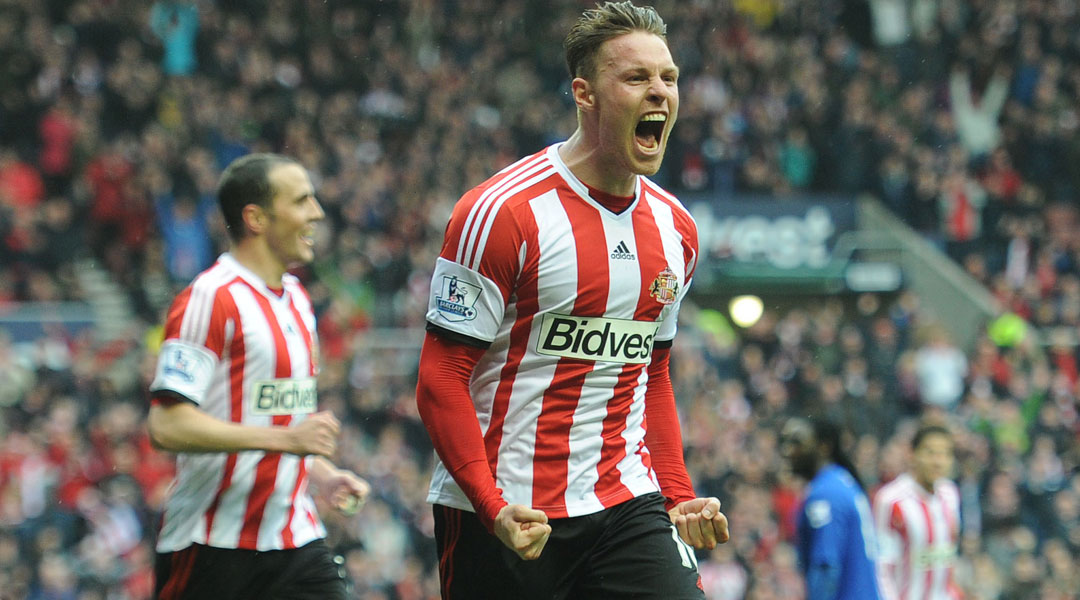
Take us back: Sunderland have just lost to Everton, are seven points adrift from safety and have those aforementioned teams coming up. What on earth was going through the squad's heads at that point?
It was hard to be bottom and cut off from the next team. I came back at that stage when we were seven points adrift with Liverpool, Tottenham, Chelsea and Man United all away from home to come. We needed something magic to come and help us out. Thankfully we managed to put together those performances, score the goals and beat some of those teams nobody ever thought we would have.
You came back from Leeds and Gus Poyet threw you straight into the team. What kind of message did that send out to you?
He called me the night before he called me back and said 'I'm bringing you back, you're going to play and you're going to get a chance'. That was the most important thing for me – I didn't want to come back as a bench player, someone to come on in the last 10 minutes to try to change a game. I said that to him and he said 'no, you're going to get a chance'. That's what I've always wanted, and I've always said that if I was given a chance I'll prove people wrong. Thankfully I paid him back.
Did you feel as though you had to prove people wrong then?
I didn't feel like I had to, I felt like I wanted to. Being in the Premier League for two years but having only been on loan and come on every now and again, people did start doubting me saying I wasn't good enough. But I always knew I was; I just needed a chance. This manager gave me one and I proved people wrong.
What did you do when people were saying you weren't good enough?
I just kept going. Everyone is going to criticise and have an opinion – I could say things are someone who doesn't do their job right – but you have to take that. I took a lot of it, and I know a lot of other top footballers have as well, but how you become the best is by dealing with it and using it to your advantage.
People question whether the loan system helps players or not. What were your experiences like?
I was accepted by Sheffield Wednesday straight away; by the players, the staff and the fans. It really helped my confidence, and I felt like I was welcomed everywhere I went. That proves on the pitch that I was doing well, and that boosts your confidence game by game. It was the same situation there where we were bottom of the league, and we got ourselves out of that.
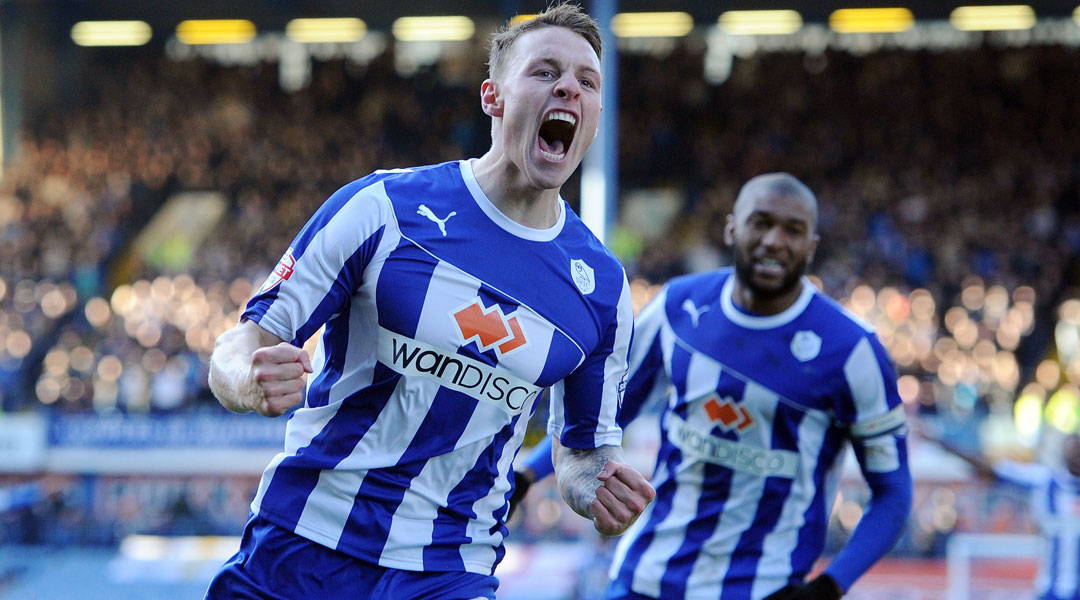
Is it more difficult being a young, English player who's made a big-money move?
Not really. It wasn't my decision that the clubs agreed such a big fee at such a young age. I was playing football and the clubs came to the agreement for the money they did. I was happy to get to the Premier League. It's taken a while but now I feel like I've stamped my mark and hopefully when I go back next season I can continue where I left off.
What has the manager been like for you since you returned?
He's been good. Training has been good, and I've stayed behind to do bits and bobs – longer than most people. I've worked hard, and I had to do that because he gave me a chance and I wanted to prove it wasn't the wrong decision to bring me back. I did that, and now we're not looking back. The season is behind us now and we go again.
Niall Quinn says you can be Sunderland's answer to Alan Shearer if you're first on, last off the training pitch like that. What do you need to do to stay at this level now?
I think I just have to stay confident in myself. I've always remained that way even when I wasn't playing, because I knew that if I got my chance I'd be able to do it. It didn't happen that way at Sunderland initially so I went to Wednesday and did it there. I proved to people that I am still about and able to play, and thankfully the manager asked me back to do a job in the Premier League.
What is confidence for a striker?
It's everything – that's what you live off as a striker. As soon as you get one goal, two goals, three goals, you feel like everything you do is going to come off. You can't do anything wrong with confidence, and it's the most important thing you play off. For me it was massive, and I think that's what it came down to; playing with no fear and not being scared of anyone.
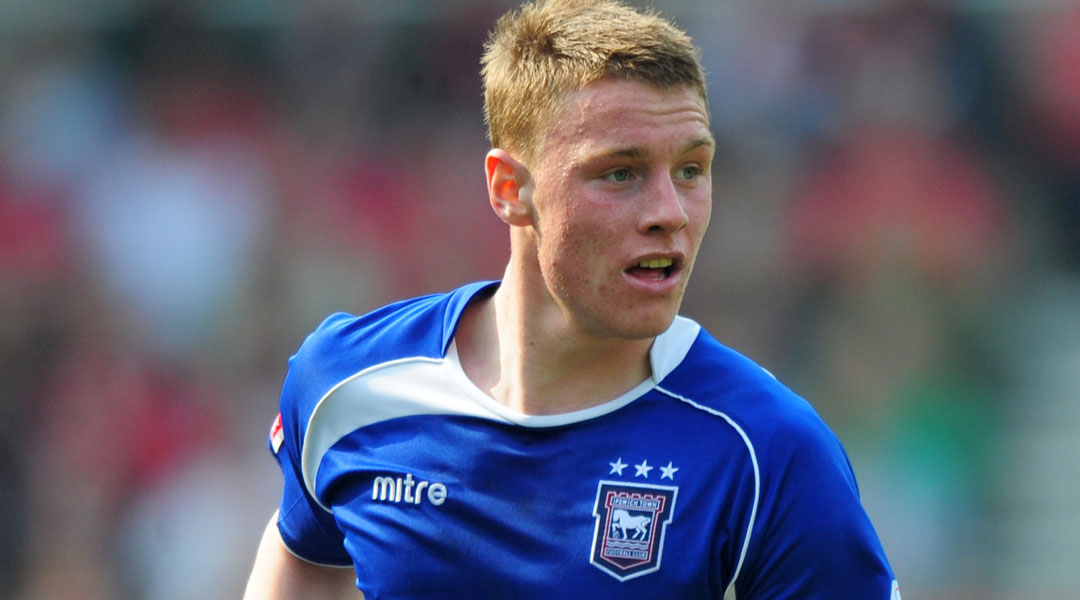
How much can you feel it at the other end of the scale when you're not confident?
It's different, of course. You might take an extra touch, think about things too much and give the ball away. Then your head's down and you're nervous about going on. You need to stay positive, keep strong and believe in what you know you're able to do. If you're confident, things will come together.
You say nothing changed for you. Come on now…
No, it's true. I was on loan for the majority of the season, so I wasn't involved in that environment of the team being bottom for so long. In that situation it's just ticking away and ticking away. I came back and my first game was Liverpool when we played well but lost (2-1), and then we got beat at Tottenham (5-1). But after that we seemed to pick it up, and the City game gave us the belief that we needed. The manager never said anything bad about our performances in the dressing room after the game, so it gave us the confidence that when we really want to we can compete with the top teams.
Paolo Di Canio said he needed to "slap your face a little bit" to get you motivated when he was still in charge. How did that make you feel?
He's his own man and he can say what we wants, but people who know me know that what he was saying wasn't true. I didn't retaliate to it because I knew he was doing it to get a reaction out of me. The only reaction I was going to give was 'play me and I'll prove you wrong'. When he did play me, I came on against MK Dons and scored twice. After that he didn't say anything. But those days are gone.
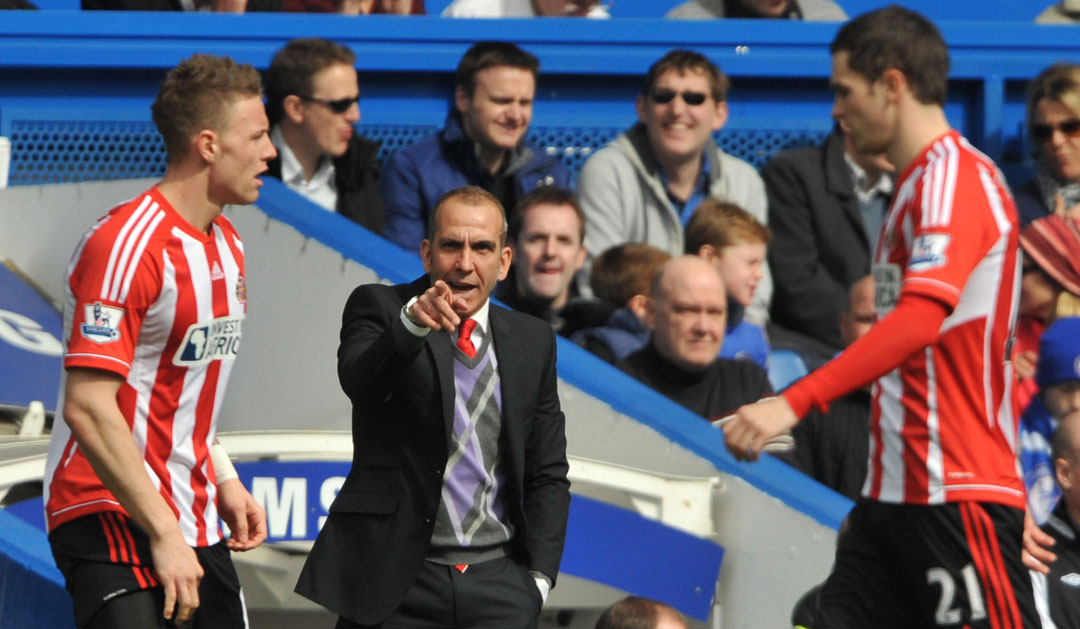
What was Gus Poyet like for the players when the going was tough?
He was quite relaxed, certainly with me, despite the position we were in. I don't know if deep inside he was panicking, but now we can all breathe and just relax! We can make sure next season isn't the same.
Your form culminated in April's Player of the Month award. How was that for you?
It was special, especially after the season I'd had. It was my first month back in the Premier League, and to get that award was massive. To be honest I didn't think about it and it was surprising when it was mentioned to me, but I'm really happy to have gotten the award. Most importantly we stayed up, and all I did was my job of a striker to score goals and help the team.
Understandably, you said you didn't want the season to end. How do you keep yourself in that positive mindset now?
For the first couple of weeks of the summer I'll just relax and take a break from football. It's hard and stressful when things don't work out, but I'm sure all of the lads are the same and will have some time off. Then we start training, preparing for pre-season and when that comes around we'll be ready for whatever we need to do.
If you keep this up, could England be calling soon?
Hopefully one day soon, next season maybe. It's my aim for next season if I can do well and be in that team from the start. Eventually I'd like that call-up before the season is up.
You're nearly released from football for the summer. What will you get up to?
I'm going away to America for two weeks in June with some friends, so it'll be great to get away from it all. I'll be watching the World Cup there - I'm sure it'll be on… [FFT: Who's going to win it then?] England...
Connor Wickham was supporting the PlayStation Schools’ Cup National Finals. PlayStation’s partnership with the English Schools’ FA has increased boys’ and girls’ football tournaments for secondary school age categories. This season has attracted close to 2,000 schools entries and 100,000 participants, helping to nurture stars of the future. Head here for more.
Joe was the Deputy Editor at FourFourTwo until 2022, having risen through the FFT academy and been on the brand since 2013 in various capacities.
By weekend and frustrating midweek night he is a Leicester City fan, and in 2020 co-wrote the autobiography of former Foxes winger Matt Piper – subsequently listed for both the Telegraph and William Hill Sports Book of the Year awards.
